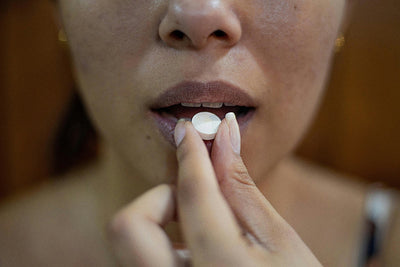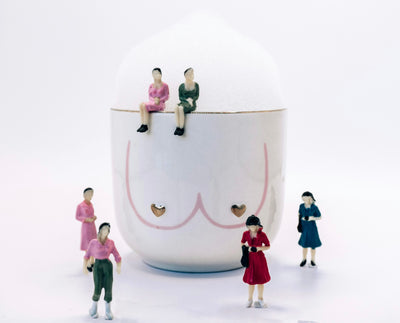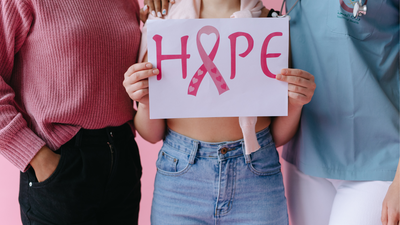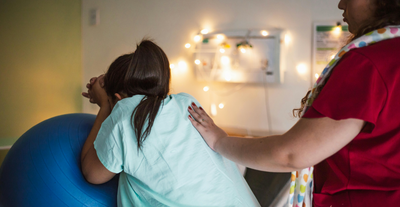Caffeine and breast milk: how much is safe?
For what seems like a majority of people, the day doesn’t start until coffee is in hand. Sleep deprived moms often ask whether they can continue to enjoy their morning coffee, afternoon tea or favorite diet soda (gasp!) while breastfeeding. While moderate caffeine intake is generally considered safe, it does pass on via breast milk and moms should be aware of the potential impact on their children.
Caffeine is a central nervous system stimulant that is found naturally in many plants, including cocoa beans, yerba mate, guarana berries, tea leaves and of course coffee beans. It has a long history throughout the world, both to improve alertness and as medicine. In fact, it’s commonly used in the NICU to treat breathing issues in premature infants.
In healthy adults, the half-life of caffeine (the time taken for the body to eliminate one-half of the caffeine consumed) is approximately 5 to 6 hours, but this can vary widely depending on factors such as age, body weight, pregnancy status, medications taken and liver health.
High caffeine intake (more than 400 mg/day) can be harmful to both mom and baby. About 1% of the amount of caffeine consumed gets transmitted to breast milk, but even these small amounts can have an effect on babies due to their low body weight.
The European Food Safety Authority suggests that “habitual caffeine consumption at doses of 200 mg per day consumed by lactating women in the general population do not give rise to safety concerns for the breastfed infant.”
The UK’s National Health Service (NHS) has recently updated its recommendations for breastfeeding women to less than 200 mg a day (it was previously 300 mg/day) as caffeine “can make your baby restless” and “may keep them awake.”
Canada’s guidelines recommend no more than 300 mg/day women who are pregnant, planning to become pregnant or are breastfeeding.
In the US, three to five cups of coffee/day (providing up to ≈400 mg/day caffeine) is considered safe for adults, but nursing moms who do not regularly consume coffee or other caffeinated beverages are discouraged from starting. Sodas and energy drinks are broadly discouraged due primarily to their sugar content. Pregnant and nursing moms should be cautious about mixing caffeine and alcohol.
|
Type of Drink |
Serving Size |
Caffeine |
|
Energy drinks |
8 ounces (240 ml) |
50–160 mg |
|
Coffee, brewed |
8 ounces (240 ml) |
60–200 mg |
|
Tea, brewed |
8 ounces (240 ml) |
20–110 mg |
|
Tea, iced |
8 ounces (240 ml) |
9–50 mg |
|
Soda |
12 ounces (355 ml) |
30–60 mg |
|
Hot chocolate |
8 ounces (240 ml) |
3–32 mg |
|
Decaf coffee |
8 ounces (240 ml) |
2–4 mg |
Thankfully, you don’t have to forgo your morning cup of coffee or tea altogether—just be sure to keep track of the amount of caffeine you are consuming as those who are pregnant or breastfeeding should limit their intake to 300 mg or less. After one or two caffeinated drinks, consider switching to decaf coffee or herbal tea.
For more nutrition and diet suggestions, check out our quick diet and nutrition guide or sign up for our newsletter to stay up to date on the latest breast milk research, tips, and more.






